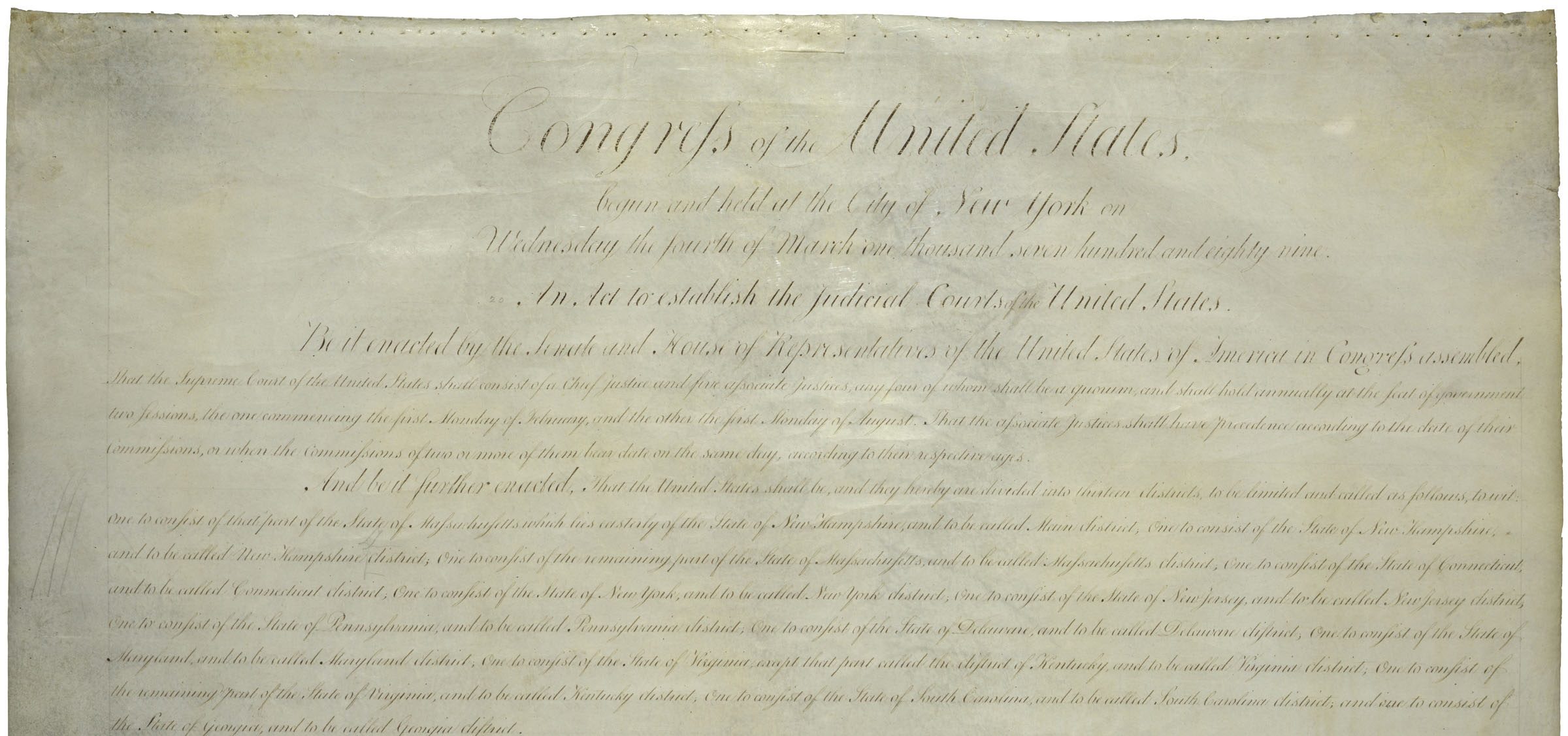In Badgerow v. Walters, No. 19-30766 (5th Cir. Sept. 15, 2020), the Fifth Circuit holds that the “look-through” analysis for determining federal jurisdiction in actions to compel arbitration under Section 4 of the FAA reviews the entire underlying dispute in arbitration, not just the specific claims included in the petition.
Plaintiff – a terminated employee of REJ – filed an arbitration demand against three REJ principals before the Financial Industry Regulatory Authority (FINRA), alleging state law claims for “tortious interference of contract and for a violation of Louisiana’s ‘whistleblower’ law.” Plaintiff later added a claim against Ameriprise, alleging that it was a joint employer with REJ and thus subject to liability under a federal statute (Title VII).
The panel issued an award dismissing all of plaintiff’s claims. Plaintiff filed a petition to vacate the award in Louisiana state court. “In her petition to vacate, Badgerow named only the Principals [and not Ameriprise] as defendants. The Principals removed the Louisiana action to vacate to the federal court of the Eastern District of Louisiana. Badgerow filed a motion to remand, asserting the lack of federal subject-matter jurisdiction. The Principals filed their own motion to confirm the FINRA arbitration award.” The district court confirmed the award and denied vacatur.
Plaintiff only appealed the issue of whether the federal district court had jurisdiction. “Badgerow argues that by not naming Ameriprise as a defendant in her state-court action to vacate, and by not challenging the FINRA panel’s dismissal of her claim against Ameriprise, she has disqualified her FINRA arbitration claim against Ameriprise as a potential source of federal jurisdiction over her petition to vacate.”
The Fifth Circuit affirms. “In Vaden v. Discover Bank, 556 U.S. 49 (2009), the Supreme Court adopted the so-called ‘look-through’ analysis for determining federal jurisdiction in actions to compel arbitration under section 4 of the FAA . . . . If ‘looking through’ to the claims involved in the underlying dispute (in this case, the claims brought in the FINRA arbitration proceeding) shows that the dispute itself (i.e. the dispute that was presented to the FINRA arbitrators) could have been brought in federal court, then federal jurisdiction lies over the FAA petition.”
The plaintiff argued that Vaden means that “by not challenging the FINRA panel’s dismissal of her claim against Ameriprise, she . . . disqualified her FINRA arbitration claim against Ameriprise as a potential source of federal jurisdiction over her petition to vacate.”
But the Fifth Circuit decides that “Badgerow’s claims against Ameriprise and the Principals all arose from the same common nucleus of operative fact, namely her employment claims of unfair treatment and discriminatory conduct while working at REJ . . . . And, in an action arising out of this ‘whole controversy’ . . . the federal-law claim against Ameriprise would have been sufficient for federal jurisdiction to bestow its adjudicative powers over Badgerow’s state-law claims against the Principals under supplemental jurisdiction principles.”
